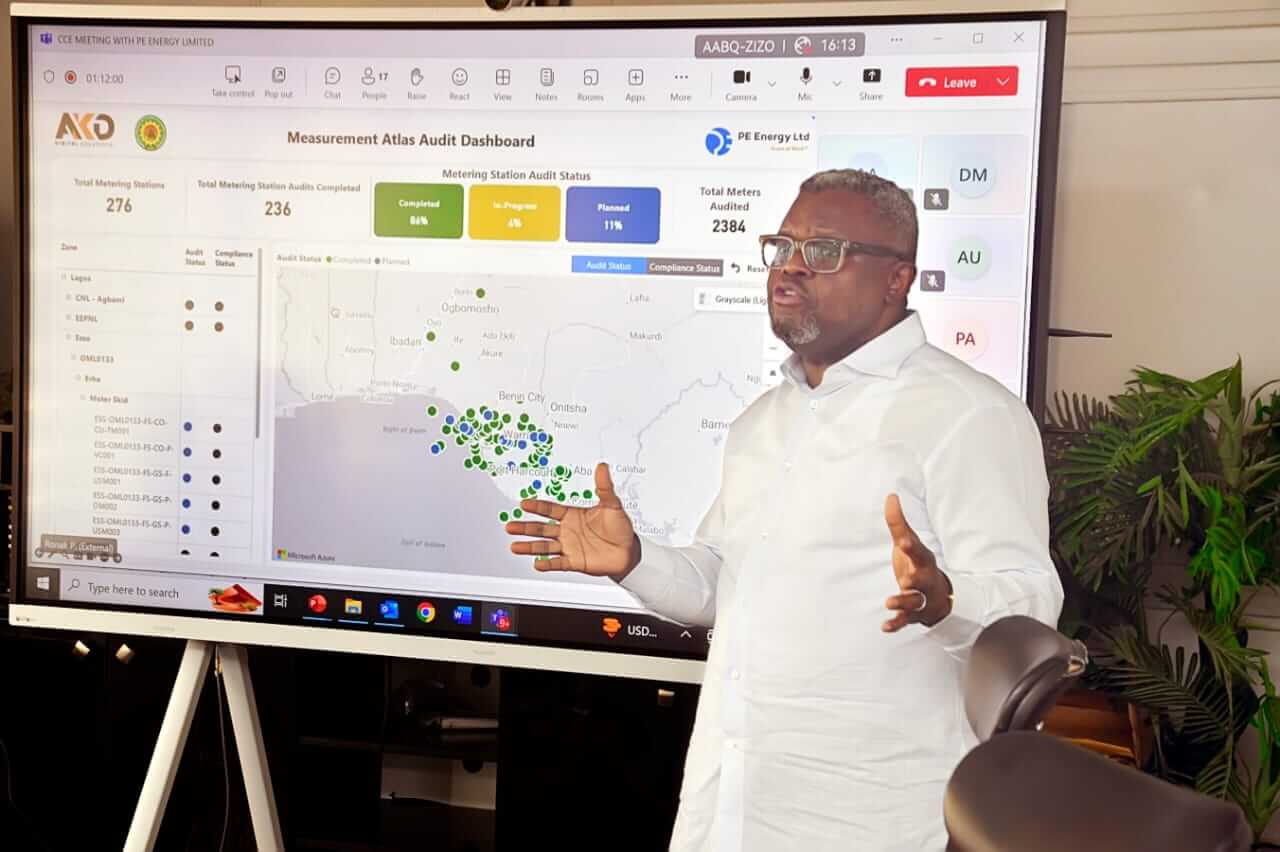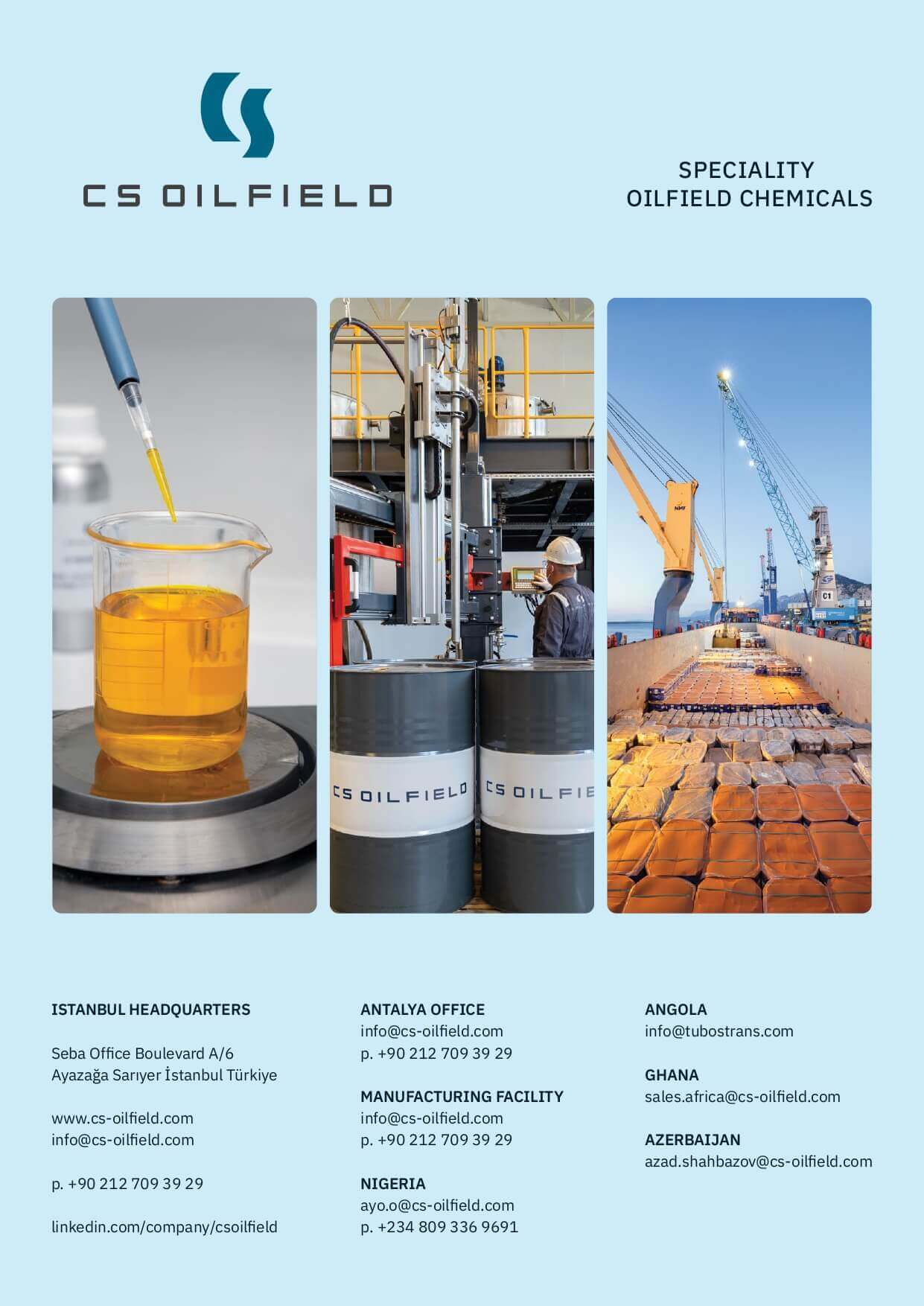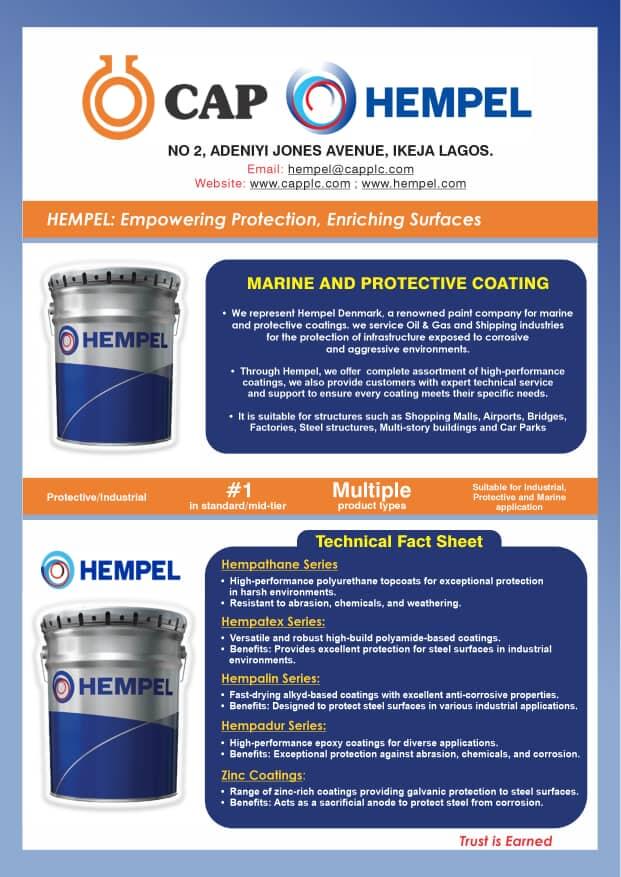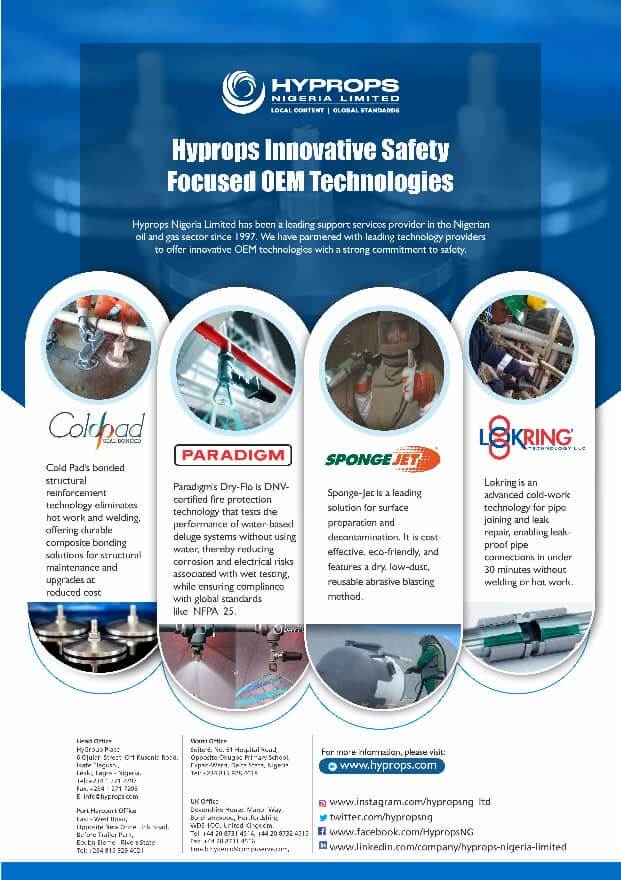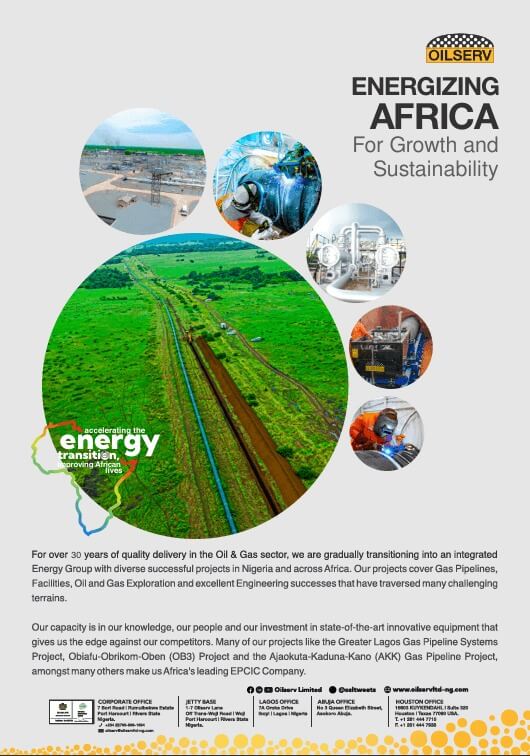The Nigerian Upstream Petroleum Regulatory Commission (NUPRC) has set a production target of at least 2.1 million barrels of oil per day (MBOPD) by 2025. The Commission Chief Executive, Engr. Gbenga Komolafe, announced this during his appearance before the Senate Committee on Appropriation.
Engr. Komolafe highlighted the significant strides made by the Commission since its establishment in 2021. He noted that Nigeria’s rig count, which stood at 16 as of 2021, has now doubled to 32 under the Commission’s oversight. This increase reflects ongoing efforts to boost upstream activities and enhance the country’s crude oil production capacity.
The CCE added that this bold production target aims to position Nigeria as a more competitive and sustainable player in the global oil and gas industry.
NUPRC Launches Transparency-Driven Initiatives
The Nigerian Upstream Petroleum Regulatory Commission (NUPRC, is set to enhance transparency and accountability in Nigeria’s oil and gas sector through the implementation of the Advance Cargo Declaration Solution and the Engineering Audit of Upstream Measurement Equipment and Facilities. These initiatives are being executed in collaboration with P-Lyne Energy and PE Energy Limited.
Advance Cargo Declaration Solution by P-Lyne Energy
The Advance Cargo Declaration Solution is designed to establish a robust framework for declaring and tracking crude oil transportation and exports from Nigeria. Its primary objectives include monitoring and accounting for the movement of crude oil within the country, preventing disruptions, theft, and under-declaration, and ensuring that only certified products are exported. This solution will also enable real-time tracking, reconciliation, and reporting of crude oil exports, thereby facilitating accurate revenue billing and generation.
Engineering Audit by PE Energy Limited
The Engineering Audit of Upstream Measurement Equipment and Facilities aims to establish reliable baseline data for all measurement points, identify gaps in production and allocation measurement, and implement targeted interventions to enhance metering infrastructure. It addresses critical issues such as obsolete equipment, the lack of a comprehensive database, and the absence of real-time production measurement. These challenges have been identified as significant contributors to oil losses, with inaccurate measurement accounting for a substantial portion of crude oil losses in Nigeria.
These initiatives align with NUPRC’s mandate to ensure optimal government revenues from upstream petroleum operations, as specified in the Petroleum Industry Act (PIA)2021.














